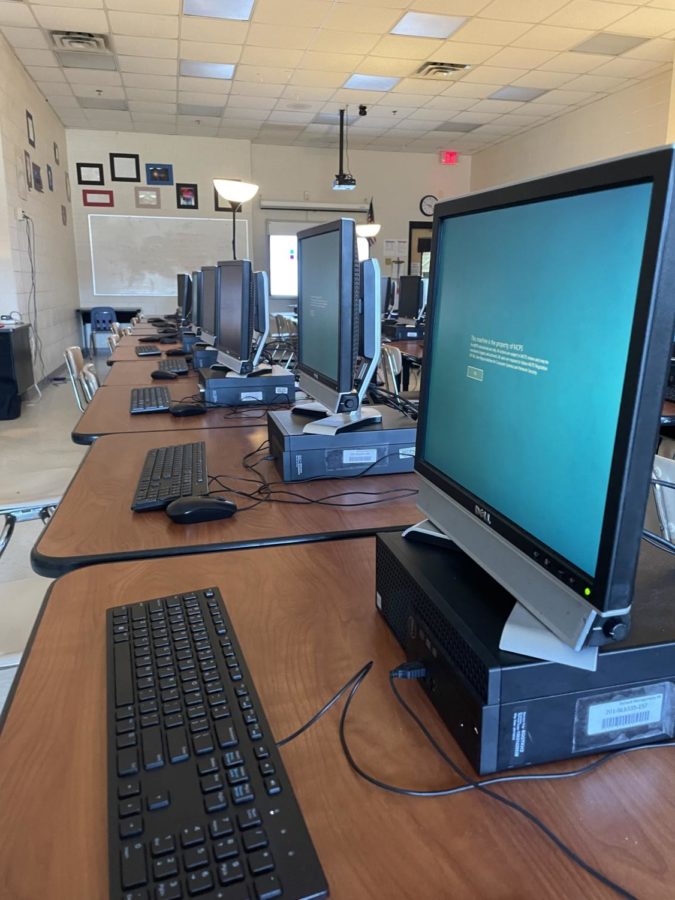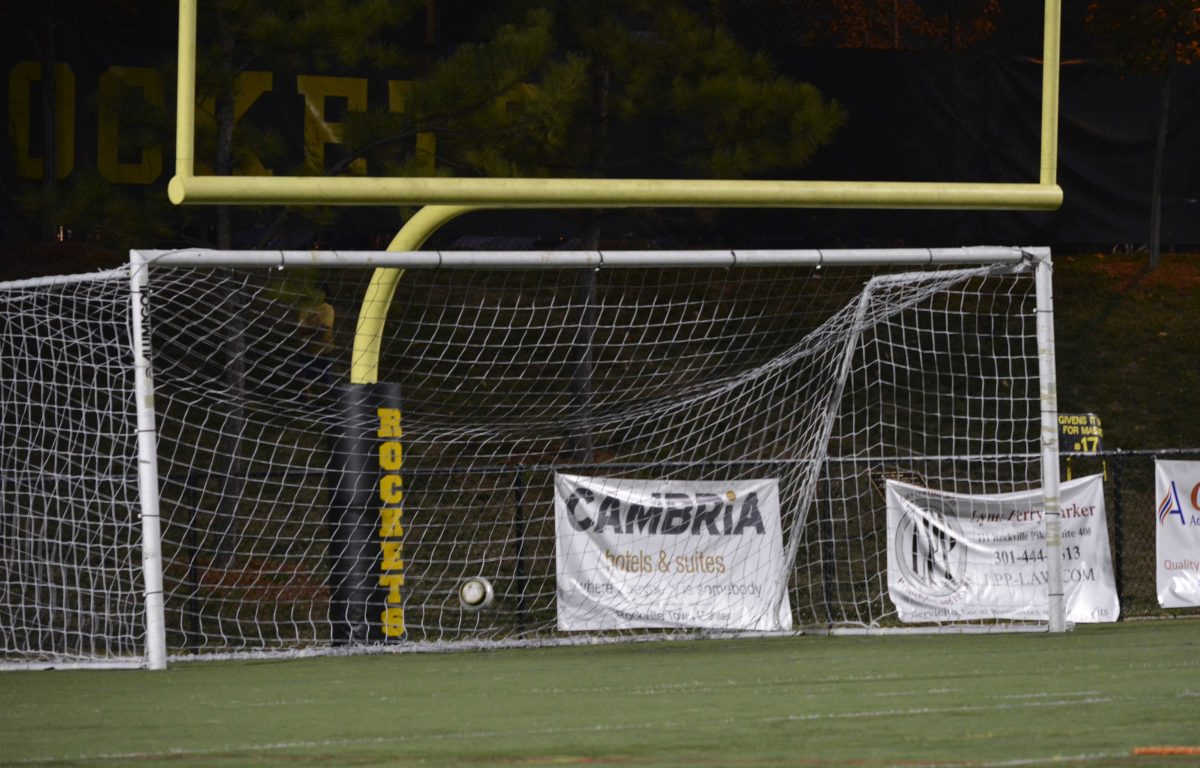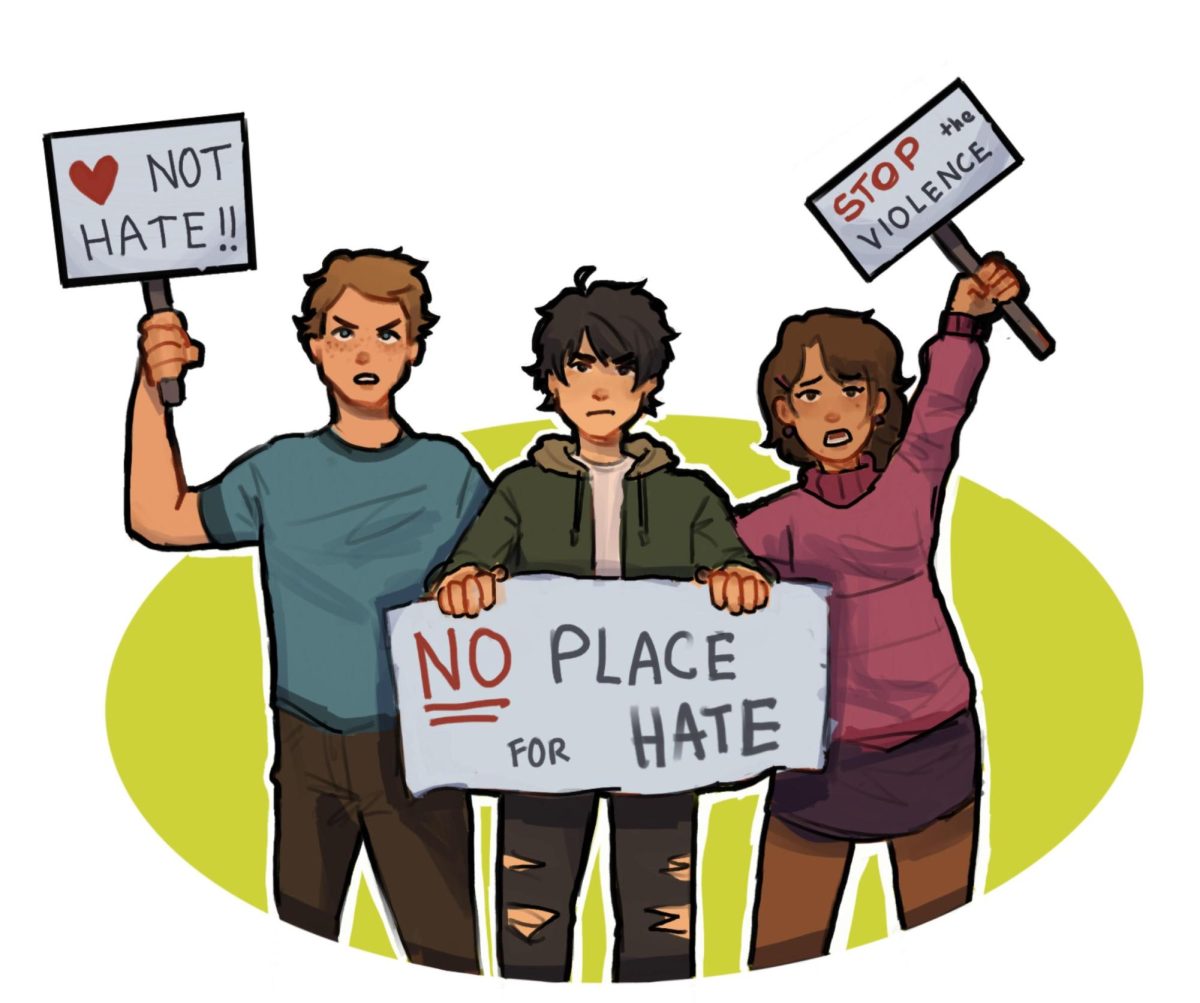On Oct. 1, the Kids Code internet safety policy went into effect in Maryland, signed by Governor Wes Moore and sponsored by Delegates Jared Solomon and C.T. Wilson, as well as Maryland Senators Benjamin Kramer and Chris West. The bill was originally introduced by Solomon in 2023, but it was not able to get passed the committee stage. However, the bill was eventually passed unanimously in the Maryland General Assembly on April 6, and was signed by Moore on May 9.
The Maryland Kids Code internet safety policy focuses on the protection of online privacy of youths. Its main regulations include requiring online service providers to complete a data protection impact assessment if they offer online products reasonably likely to be accessed by children. The bill also requires certain privacy protections for some online products and prohibits specific data collection and sharing practices. A company that violates these regulations could face fines up to $2,500 per child for each negligent violation and $7,500 per child for each intentional violation.
According to the New York Times, the enactment of the law could result in the prohibition of “certain social media, video games and other online platforms from tracking people under 18 and from using manipulative techniques — like auto-playing videos or bombarding children with notifications — to keep young people glued online.”
The main reason for the passage of the law was because of the increasing presence of children and youths online. The Maryland Kids Code Coalition website displays the goals and what they hope to achieve. It says, “Every day children are using a digital world that is designed by and for adults, where they are nudged to give up their privacy, offered harmful material, and exposed to risky contacts and behaviors. While we test cribs and car seats and put nutrition labels on foods, the internet has never had product safety testing for children and teens. It doesn’t have to be this way.”
The RM community feels comforted by the decision to pass the legislation in Maryland. “I am for it because I want to think children should be protected,” math teacher Sandhya Sundaram said. “I think it is good; I think it was needed a while ago,” sophomore Maria Grace Roy said.
The legislation was modeled after the UK’s Age Appropriate Design Code. As of May 2024, Maryland is only the second state, with California, to have enacted a similar legislation.
However, the bill is feared to face legal challenges. “Solomon has consistently said he believes the Maryland law could face legal challenges,” according to MoCo360.
This is the case because in September of 2023, California’s version of the UK Age Appropriate Design Code was challenged by NetChoice–a tech industry trade group representing companies such as Google, Meta and Amazon. The group argued that the law violates the company’s constitutional right to make “editorial decisions” about how they moderate content.
Fortunately, because of the lawsuits involving the California legislation, Solomon said in an interview with MoCo360 on January 10, the opening day of the 2024 General Assembly session, that he was able to rework the language in the new version of his bill to make it stronger and more likely to pass.
When asked about the possibility of its ban here in Maryland, Mrs. Sundaram said she hopes it won’t happen but was not sure of its possibility, as she said it depends on how the companies will respond to it.
If you would like to voice your opinion on an issue you feel is relevant to our community, please do so here. Anyone is able and welcome to submit a Letter to the Editor, regardless of journalistic experience or writing skills. Submissions may be published either online or in a print issue.














